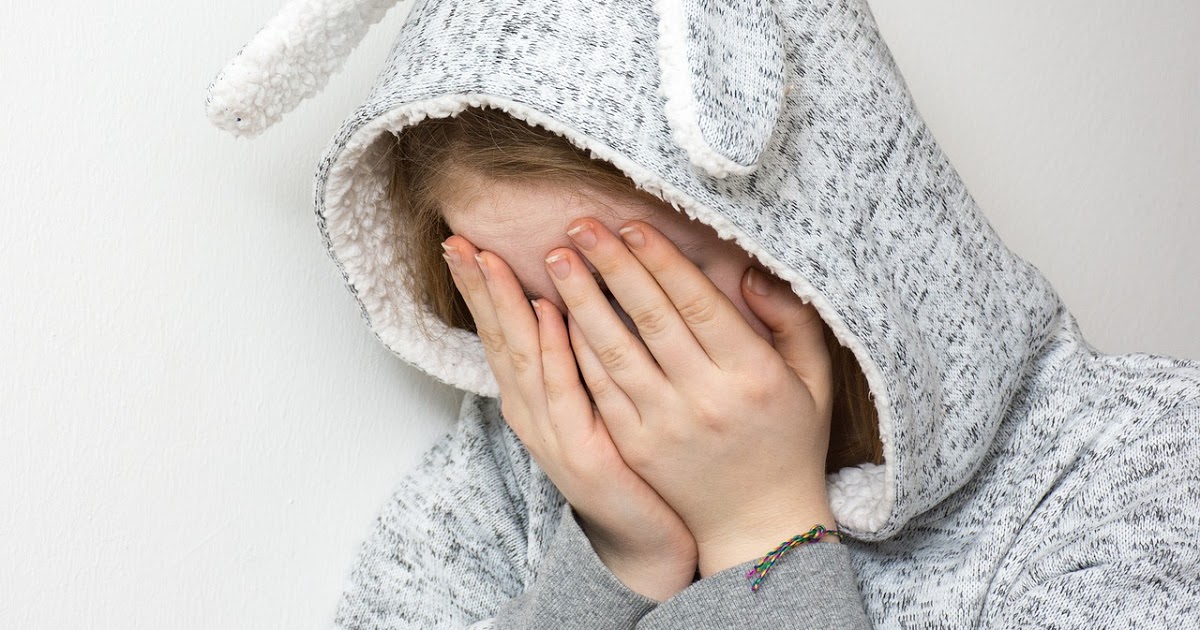
Children, they also suffer from mental illness. We tell you which disorders affect them the most and how influence their development, learning and relationships that they keep with their families and friends. If the psychopathology that a boy or girl shows in time is not treated, the risk of seriousness increases, with the possibility of developing other mental disorders, which will lead to worse consequences in his adult life.
In general to determine the presence of a mental disorder, specialists are based on different interviews with the child, added to the observations of the parents, teachers and the observations made in the consultation.
Possible causes of childhood mental illness

When a child presents symptoms of a mental illness there is usually no single cause, but rather a set of factors. Some of the factors that have been associated with the presence of psychopathology in children are:
- Biological factors, which are directly related to neurotransmitters in the child's brain. A imbalance in the level of neurotransmitters it can lead to mental illness. It is important, for example, to take serotonin levels into account.
- Environmental factors. The context in which the child develops has effects on his development. There are stressful events, wars, trauma, abuse, bullying ... that affect the abilities of the child and increase the risk of developing a mental disorder.
- Psychological factors such as low self-esteem or problems with their body image affect how the child perceives themselves and can increase the risk of psychopathology.
- All the brain injuries Genetic or accidental can increase the risk of mental illness in the child.
Neurodevelopmental disorders

Neurodevelopmental disorders begin in the early period and affect both mental health and general development of children affected. They are characterized by deficits that affect the personal, social, academic or occupational functioning of boys and girls. Children with these mental illnesses are usually impulsive, with concentration difficulties, who are not able to follow rules or norms, are the so-called disruptive behavior disorders, which often begin in preschool and continue until high school.
Neurodevelopmental disorders The most common are: Attention deficit hyperactivity disorder (ADHD), which affects about 5% of children, due to genetic and environmental factors.
Other mental illnesses are disorders of autism, learning disabilities, intellectual disabilities, behavior disorders, cerebral palsy and alterations in vision or smell. Other less common disorders include DiGeorge syndrome, disorders mitochondrial or Rett syndrome a genetic disorder, which causes some symptoms similar to those of the autism spectrum including difficulties in social skills and communication. In the latter cases, a series of analyzes can be carried out.
Other disorders

There are some important mental health disorders, such as depression, anxiety and eating disorders that frequently they start during childhood and adolescence. Schizophrenia and other psychotic mental illnesses are less frequent in childhood, instead there are childhood disorders such as autism, or oppositional defiant disorder.
Children also suffer mental illnesses related to stress and anxiety. It is their way of responding from fear of certain changes or situations. Some examples are obsessive compulsive disorder, social anxiety, post-traumatic stress disorder, and selective mutism.
There are mental illnesses that involve persistent feelings of sadness and, or sudden mood swings. In this line we find depression and bipolar disorder. There are children who during depression can manifest some symptoms similar to those of Oppositional Defiant Disorder. Sometimes the main symptom of depression is irritability. Dysregulation disorder is a childhood and adolescent condition that involves chronic or persistent irritability and frequent outbursts of anger.